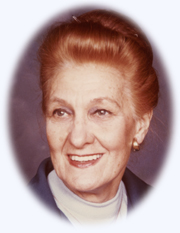

| Lora Aborn (May 30,1907 - August 25, 2005)
began music studies at the Effa Ellis Perfield School of Music in New
York City, studying piano, music theory and composition. Upon her mother’s
death she was sent to live with her maternal aunt in California where she
stayed through 4 years of high school. There she studied piano and voice,
played with the school orchestra and chorus and a 4-piece jazz band earning
her first “money”. As her mother had planned, she attended Oberlin
Conservatory where a talent for composing was recognized and she was taught
composition privately and generously by Dr. George W. Andrews, dean of
the school. Continuing her studies at the American Conservatory in Chicago
she was awarded the gold medal for composition when she graduated. She
continued studying under her composition teacher, John Palmer, as a protégé
for many years. Miss Aborn has written in all categories: ballet, voice (solo and choral), instrumental, piano, organ, opera, orchestra and varied chamber works. Lora Aborn’s music has been played in various forms throughout the United States, in Europe and in China, and she was named in the list of top American women composers. Among her commissioned works are five full length ballets and many solo dances for Walter Camryn, Bentley Stone, Ruth Page and the Chicago Grand Opera Ballet Company, two commissioned works for the Chicago Chamber Choir and “The Mystic Trumpeter” for trumpet solo, baritone and organ, commissioned by Dexter Bailey, concert organist. “The Mystic Trumpeter” with text by Walt Whitman was transcribed for orchestra, trumpet and voice and first played by The Lake Forest Symphony in 1980 with Victor Aitay conductor, and by Oak Park-River Forest Symphony in 1982, Perry Crafton conductor. In 1987 the ballet score “In My Landscape” was performed by The Oak Park Symphony with Robert Smith, narrator. Lora Aborn was for many years organist and director of music at the Unitarian Universalist Church, Frank Lloyd Wright’s Unity Temple, where she was composer-in-residence. As a lifetime composer whose career spanned over seven decades, one of her special joys was writing vocal solos and choral works, to texts of her own choosing for the Unitarian church services. Three of Lora’s compositions are featured on the CD “My Native Land” (1997), A Collection of American Songs, performed by world-renowned mezzo-soprano Jennifer Larmore. The works are: “T’is Winter Now”, “Shall I Compare Thee To A Summer’s Day”, and “Make Me An Instrument Of Thy Peace”. A complete list of Aborn’s works is shown at the bottom of this webpage. == Biography and photos of Aborn are from her
official website.
== Names which are links in this box and below refer to my interviews elsewhere on my website. BD |
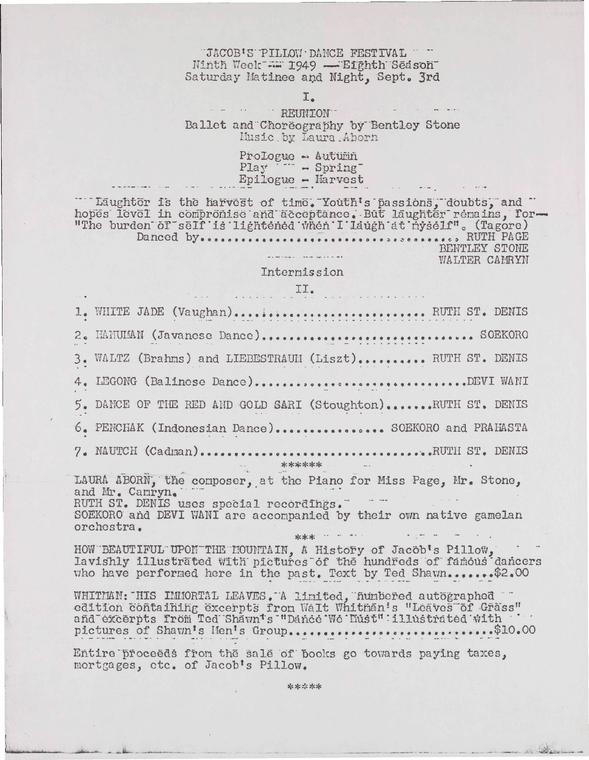
|
The site of Jacob's Pillow in Becket, Massachusetts, was originally settled in 1790 by Jacob Carter III. Due to the zigzagging road leading to the hilltop property, it became known as "Jacob's Ladder", after the Biblical story, and a pillow-shaped rock on the property prompted the farm to acquire the name "Jacob's Pillow". The farm was purchased in 1931 by modern dance pioneer Ted Shawn (1891-1972) as a dance retreat. Shawn and his wife, Ruth St. Denis (1879-1968) [shown together in the photo at left], led the highly regarded Denishawn Company, which popularized dance forms rooted in theatre and cultural traditions outside European ballet. They were influential in training a host of dance pioneers, including Martha Graham, Charles Weidman, Doris Humphrey, and Jack Cole. Shawn's objective was to establish a dance organization for American men. The early corps of his all-male company built many of the structures on the Jacob's Pillow campus. This effort came to an end in 1940 with the advent of American involvement in World War II; Shawn's company disbanded and most of its members joined the military. Significant debt forced Shawn to consider a sale of the property. In 1940, he leased the property to dance teacher Mary Washington Ball, but her summer festival was also financially unsuccessful. British ballet stars Alicia Markova and Anton Dolin learned of Shawn's financial difficulties and decided to acquire the property. With financial backing and fundraising support from millionaire Reginald Wright, $50,000 was raised to purchase the property and construct a theatre building. The summer dance festival was revived, and Shawn was retained as its director until his death in 1972. In 2003, the Jacob's Pillow property was declared a National Historic Landmark District by the federal government as "an exceptional cultural venue that holds value for all Americans". It is the only dance entity in the U.S. to receive this honor. In March 2011, Jacob's Pillow was named a recipient of the 2010 National Medal of Arts, a national award of distinction. |
|
Robert Ervin Smith, Jr. (August 24, 1934 - January 4, 2022) was born in Chicago to Robert Sr. and Wanda (Daufenbach). He became a Chicago public school teacher for thirty years and was chosen to co-teach a gifted ed program for grades 6, 7, and 8. For 10 years he taught art and music to these students, and his co-teacher taught language arts. Bob also taught voice and was a well-known and respected baritone for 13 years at Lyric Opera of Chicago. He sang continually throughout the area in many diverse venues, including creating a leading role in The Diva by William Ferris. Robert married Geraldine (Fontana) whom he had met at Teachers College. They were together for 62 years and had six children. |
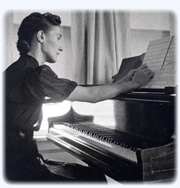
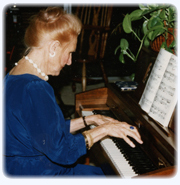
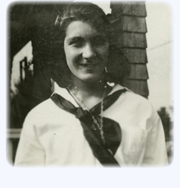
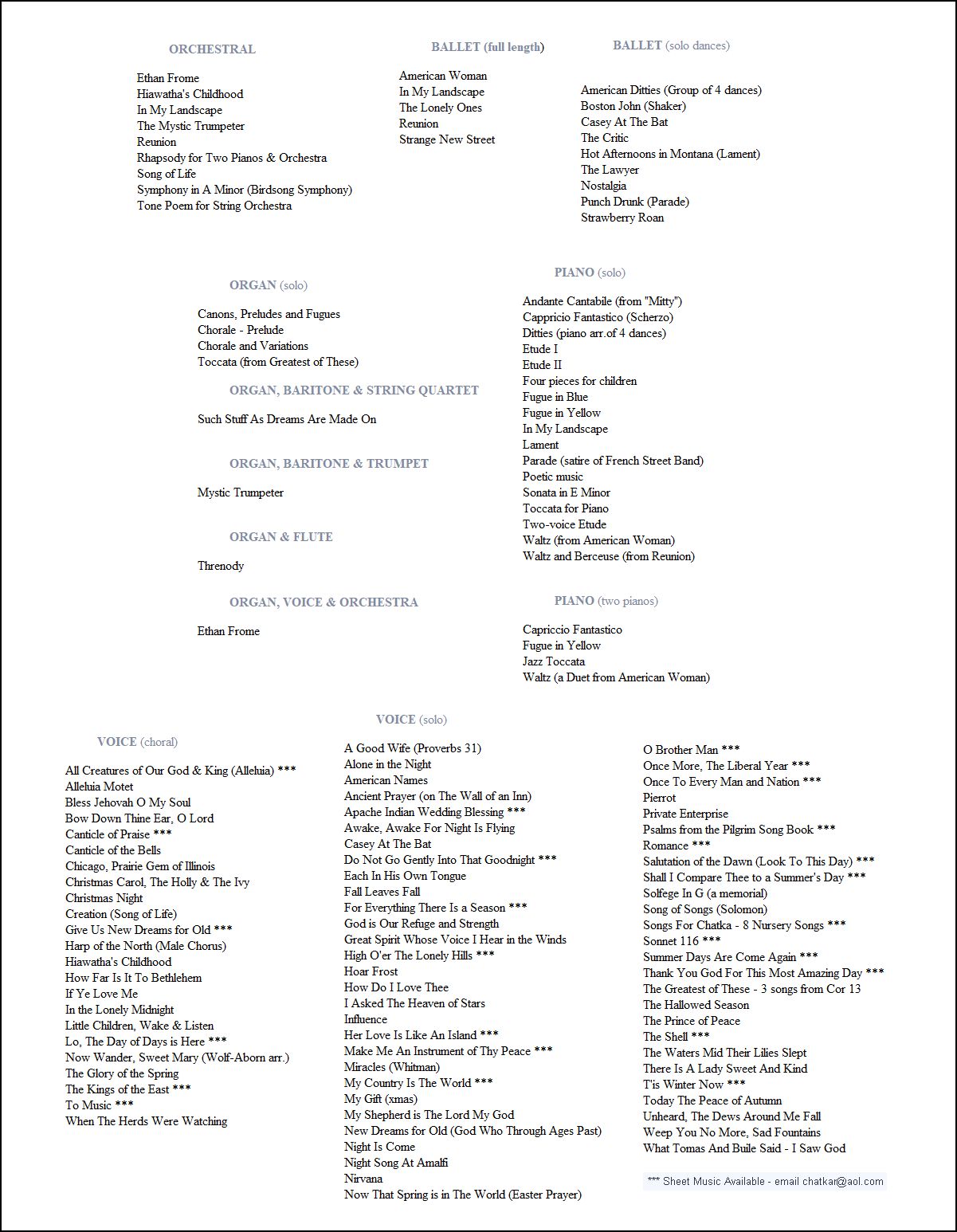
© 1999 Bruce Duffie
This conversation was recorded in Chicago on May 17, 1999. This transcription was made in 2024, and posted on this website at that time. My thanks to British soprano Una Barry for her help in preparing this website presentation.
To see a full list (with links) of interviews which have been transcribed and posted on this website, click here. To read my thoughts on editing these interviews for print, as well as a few other interesting observations, click here.
Award - winning broadcaster Bruce Duffie was with WNIB, Classical 97 in Chicago from 1975 until its final moment as a classical station in February of 2001. His interviews have also appeared in various magazines and journals since 1980, and he now continues his broadcast series on WNUR-FM, as well as on Contemporary Classical Internet Radio.
You are invited to visit his website for more information about his work, including selected transcripts of other interviews, plus a full list of his guests. He would also like to call your attention to the photos and information about his grandfather, who was a pioneer in the automotive field more than a century ago. You may also send him E-Mail with comments, questions and suggestions.